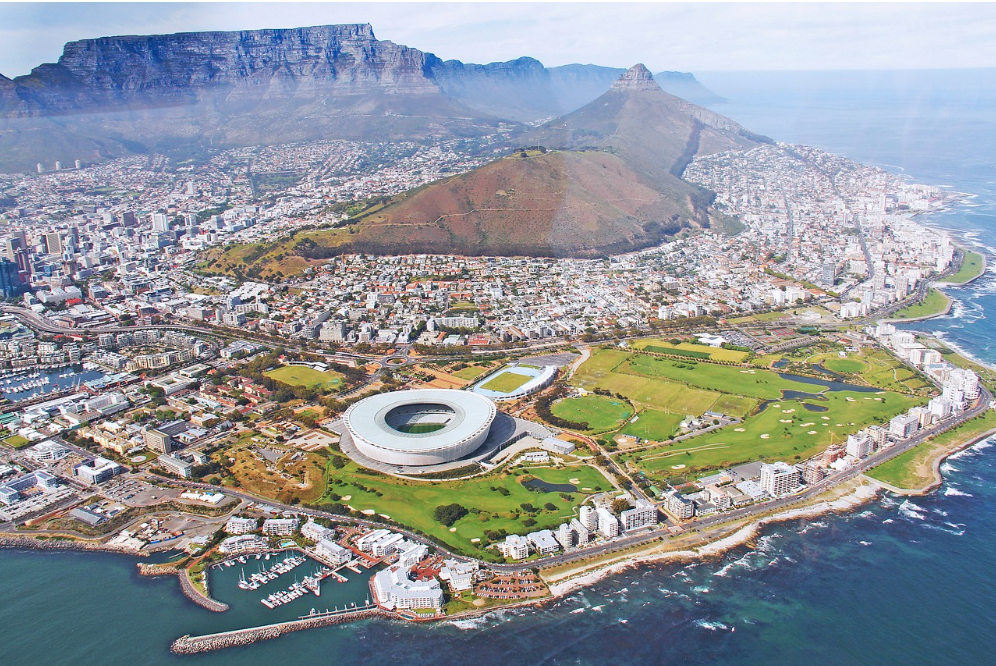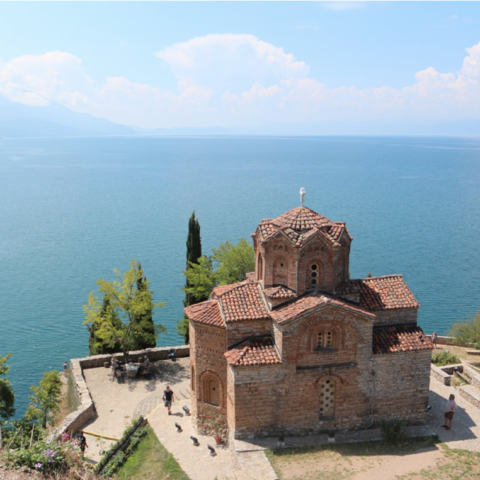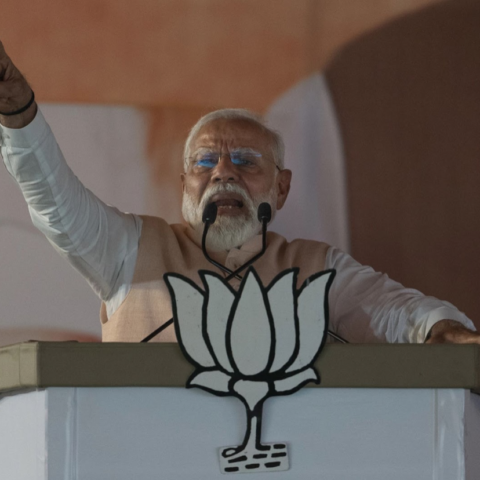By Zach Leggio

When the Apartheid regime in South Africa began to crumble in the 1990s, the world became hopeful for a peaceful, democratic transition and for many years it looked to be a success. In 1994, South Africa elected Nelson Mandela as president, and Mandela’s African National Congress entered into power. The ANC had been instrumental in pushing for reform since the 1960s while Mandela was in prison for over thirty years. Its first years in government were full of activism and determination to undo the damage that the Apartheid regime had done to black South Africans. The ANC government worked to racially integrate all sectors of life, to encourage voter participation, and to increase confidence in the government. The late 1990s saw South Africa prosper and quickly grow into one of Africa’s strongest economies. This success culminated in the awarding of the 2010 FIFA World Cup to South Africa in 2004. The Apartheid regime had brought global criticism and sanctions on South Africa and the hosting of the World Cup was the ANC’s way to show the world that progress and massive political change was possible for Africa.
While the World Cup gave the world a renewed vision of South Africa and Africa as a whole, the situation in South Africa was not as bright as it seemed. As early as 1998, warning flags were already raised regarding South Africa’s energy infrastructure. The country’s power grid was largely constructed to support the white minority under the Apartheid regime, and, due to South Africa’s quickly growing population, the grid reached maximum capacity in 2007.
Despite nine years of warning, the ANC-led government did not consider energy infrastructure a priority, leaving the state-owned energy company, Eskom, to fend for itself. Once the ANC began trying to build new power stations, the projects were deeply flawed, with overspending, delays and corruption allowing little progress. Under President Jacob Zuma, infrastructure contracts and leadership positions were handed out to friends, political allies, and prominent businessmen, causing further losses and setbacks. At one point, it was estimated that Eskom was losing $50 million every month due to theft. Ever since, the South African people have suffered the consequences of this corruption through “load shedding,” or planned energy blackouts designed to conserve power, often lasting for multiple hours per day.
Load shedding has continued to increase under the current president, Cyril Ramaphosa, as it becomes clear that the ANC has become unable to manage South Africa’s energy sector. Now water infrastructure is beginning to fail. South Africans are facing water shortages, dubbed “water shedding,” at unprecedented levels, leading to energy and water security being a top concern for South Africans (Afrobarometer). Despite these failings and increasing corruption, the ANC continues to hold a strong grip on South African politics, as it repeatedly touts its role in ending Apartheid. This lack of a political party transition has raised questions about South Africa’s democratic strength.
Today, energy, water and governance crises have brought South Africa to a crossroads. The South African people overwhelmingly view the country as moving in the wrong direction, which comes after decades of ANC rule. Voters are becoming increasingly apathetic towards, and mistrustful of the government, and are looking for leaders that will solve South Africa’s extensive problems. On May 29, 2024, voters will go to the polls in the country’s general elections. While the ANC will likely retain its plurality, its vote share is projected to dip below 50% for the first time in South Africa’s modern democratic history, forcing the once overwhelmingly popular party to rule through a coalition (Wits). The ANC hopes to win back support before the election by finally making progress on the energy crisis, namely by allowing private companies to produce power to be distributed through Eskom’s networks. This policy shift could help both increase power supply and move towards renewable energy sources.
South Africa has had a turbulent 30 years of democracy. The ANC’s rule began in 1994 full of hope and progress, winning decisively in the 1990s and early 2000s. The party however, has fallen into mismanagement and corruption, allowing little progress to be made in South Africa over the past decade. The 2024 elections could end the ANC’s one-party rule, opening the country up to alternative viewpoints to address South Africa’s systemic problems.
Photo Credit: https://pixabay.com/photos/helicopter-ride-flight-exciting-1218974/

